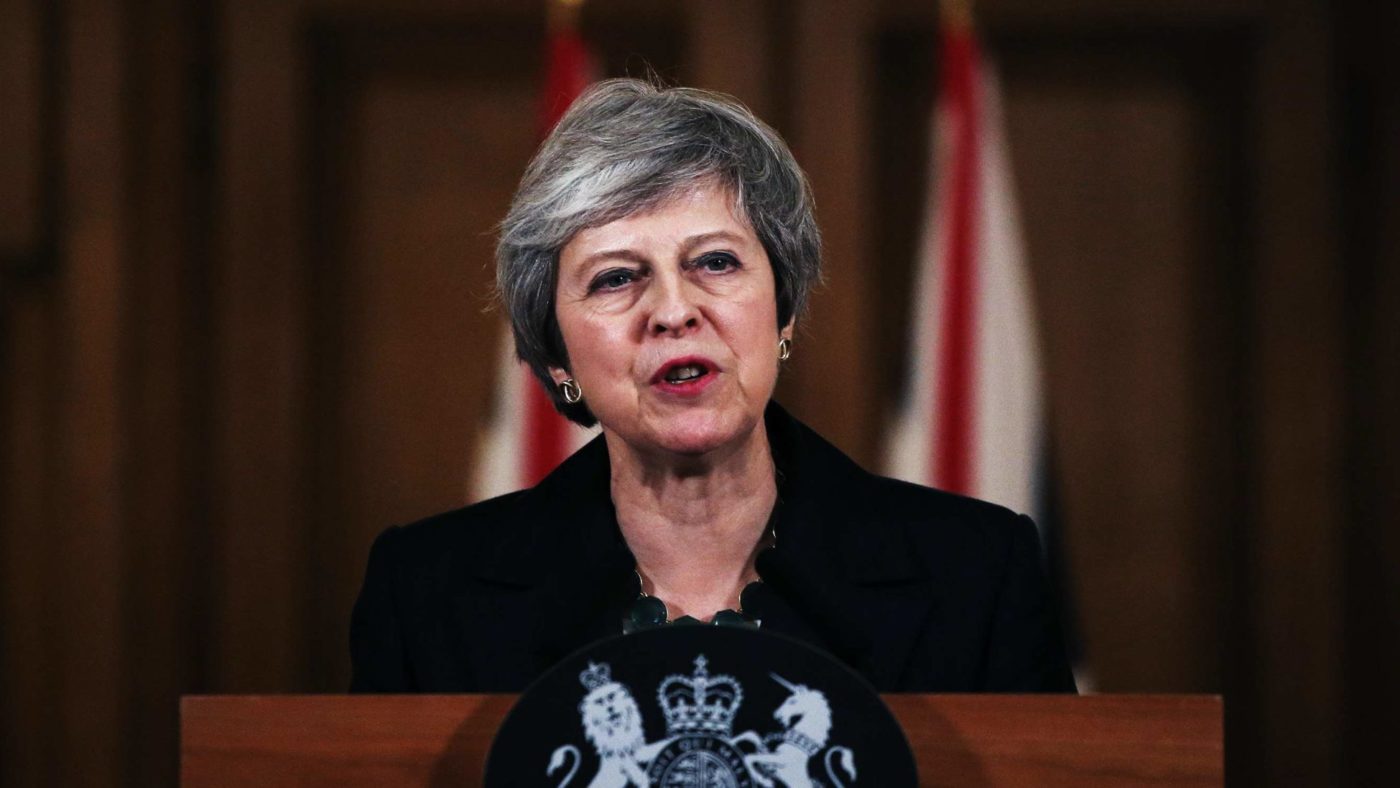Conservatives have spent recent days grappling with a series of difficult questions: Do I support the Prime Minister’s draft Brexit agreement? Do I have confidence in the Prime Minister? As has been well documented on front pages, some MPs have made their mind up on these issues. A great deal more, I suspect, remain uncertain.
The immediacy and importance of those questions only increase as the Brexit clock continues to tick. Just around the corner, big votes – and big decisions – await. And, given the position of the DUP, the Labour Party and the ERG group of hard Brexiteers, the Prime Minister will face an uphill struggle to get her deal through the House of Commons if and when that time comes.
Behind these historic dilemmas are a series of equally difficult and complicated secondary questions: Is the Prime Minister right when she says that there are only three options: her deal, no deal or no Brexit? Are the Brexiteers in the Cabinet right to say that we could go back to the negotiating table? Just how bad would a no deal Brexit be? What new concessions would a hypothetical new Prime Minister be able to win from Brussels? There are no straightforward answers or easy decisions in the Brexit maze.
Were I on the green benches behind the government in the coming weeks, I’d be tempted by the EFTA alternative laid out by George Freeman MP on CapX yesterday and argued for on our website by others before. It was, he points out, an arrangement that Lady Thatcher liked. It is something that has united Labour MPs Steven Kinnock and Frank Field – the former a committed Europhile, the latter a leading Leave advocate – in support.
Failing that, I would find it hard to disagree with Liam Fox, the Trade Secretary, who, in an inversion of the Prime Minister’s famous phrase, now says that a deal is better than no deal.
The deal on the table has many shortcomings, and reports that Brussels wants the unsatisfactory terms of the backstop to form the basis of the UK and the EU’s future relationship will only add to fears that Britain will struggle to put itself in a position to make the most of the opportunities offered by Brexit.
The alternative, though, is no deal.
Even the “managed” version outlined by Iain Martin (formerly of this parish) in his Times column yesterday isn’t particularly palatable. It is made even less appealing by the government’s lack of serious preparation for such an eventuality.
Yet there is a bigger reason why voting against whatever deal is put before the Commons is such a huge risk.
Saying no to May’s deal would mean rolling the dice on the British economy no matter who the leader of the opposition was. But the fact that Jeremy Corbyn and John McDonnell would take power were the government to fall should change the calculation in Conservative minds.
In the wake of the financial crisis, as British households were feeling the effects of a sharp downturn, McDonnell proudly declared: ‘I’m a Marxist. This is a classic crisis of the economy, a classic capitalist crisis. I’ve been waiting for this for a generation.’
Everything he and Corbyn do suggests that they see a no deal Brexit as a similar opportunity. Only this time they aren’t obscure backbenchers, but in charge of the Labour party.
The cost of Brexit going wrong, then, is more than the immediate impact on trade, business confidence and so on. A disorderly departure isn’t just a hit to GDP in the short and medium term. It also gives the far-left a chance to take the controls of the British economy – and do permanent damage. That is something that Conservative MPs shouldn’t lose sight of in the decisive weeks to come.
This article is taken from CapX’s Weekly Briefing email. Sign up here.


